What About Those Middle Ages?
froniga
17 years ago
Related Stories
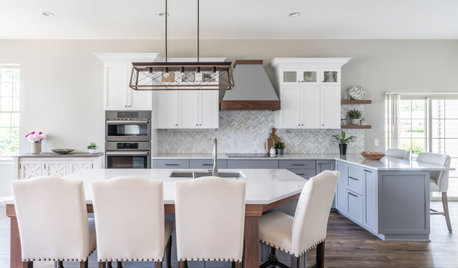
KITCHEN DESIGN10 Ways to Design a Kitchen for Aging in Place
Design choices that prevent stooping, reaching and falling help keep the space safe and accessible as you get older
Full Story
UNIVERSAL DESIGN12 Must-Haves for Aging in Place
Design a home that will continue to be accessible, safe and stylish as the years go by
Full Story
MOST POPULARHow to Get Rid of Those Pesky Summer Fruit Flies
Learn what fruit flies are, how to prevent them and how to get rid of them in your home
Full Story
KITCHEN DESIGNWhat to Know About Using Reclaimed Wood in the Kitchen
One-of-a-kind lumber warms a room and adds age and interest
Full Story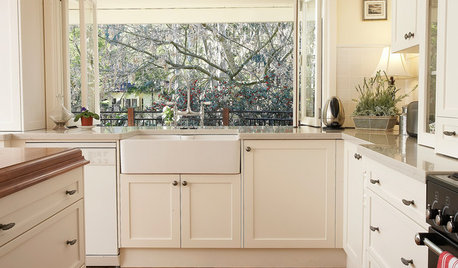
KITCHEN SINKSEverything You Need to Know About Farmhouse Sinks
They’re charming, homey, durable, elegant, functional and nostalgic. Those are just a few of the reasons they’re so popular
Full Story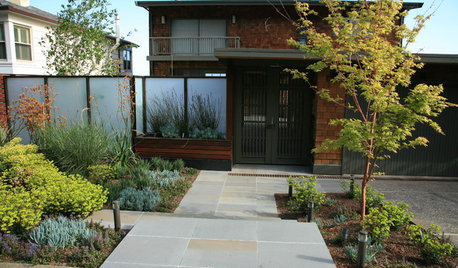
UNIVERSAL DESIGNAging-in-Place Resolutions for the New Year
How to make your home help you age gracefully right where you are
Full Story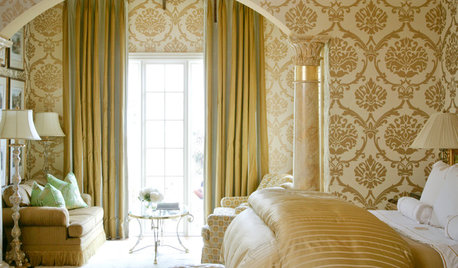
DECORATING GUIDESPaper Chase: Wallpaper Through the Ages to Today
Get on a decorating roll with a wall covering that's been around for centuries but comes in more exciting designs than ever
Full Story
MODERN STYLEOut-of-This-World Decorating: Space Age Style for Today
Set starbursts and more around your personal universe for a look alight with imagination
Full Story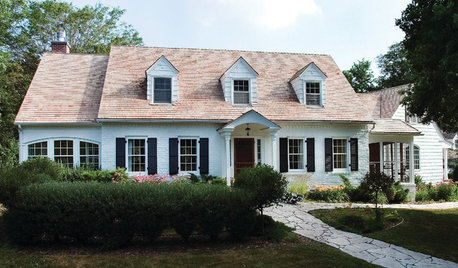
TRADITIONAL ARCHITECTURERoots of Style: Georgian Homes Offer Familiarity Through the Ages
Americans have been embracing this interpretation of classical architecture since the 1700s. Does your home show off any Georgian details?
Full Story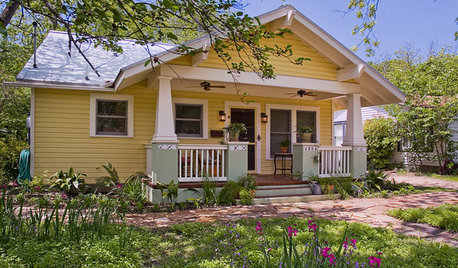
CRAFTSMAN DESIGNBungalows: Domestic Design at the Dawn of the Auto Age
Craftsman details, open floor plans and detached garages make the bungalow-style home an enduring favorite
Full Story



cindydavid4
woodnymph2_gw
Related Discussions
Middle-Aged Spirea
Q
Middle-aged skin care
Q
Memo to youth and young and middle-aged workers
Q
Universal Orlando for two middle age ladies
Q
fronigaOriginal Author
fronigaOriginal Author
wrmjr
carolyn_ky
cindydavid4
donnamira
carolyn_ky
ccrdmrbks
georgia_peach
woodnymph2_gw
veer
ccrdmrbks
cindydavid4
fronigaOriginal Author
wrmjr
cindydavid4
fronigaOriginal Author
friedag
cindydavid4
woodnymph2_gw
carolyn_ky
veer
woodnymph2_gw
ccrdmrbks
cindydavid4
laceyvail 6A, WV
veer
thyrkas
veer
disputantum
fronigaOriginal Author
cindydavid4
woodnymph2_gw
cindydavid4
sherwood38
karalk